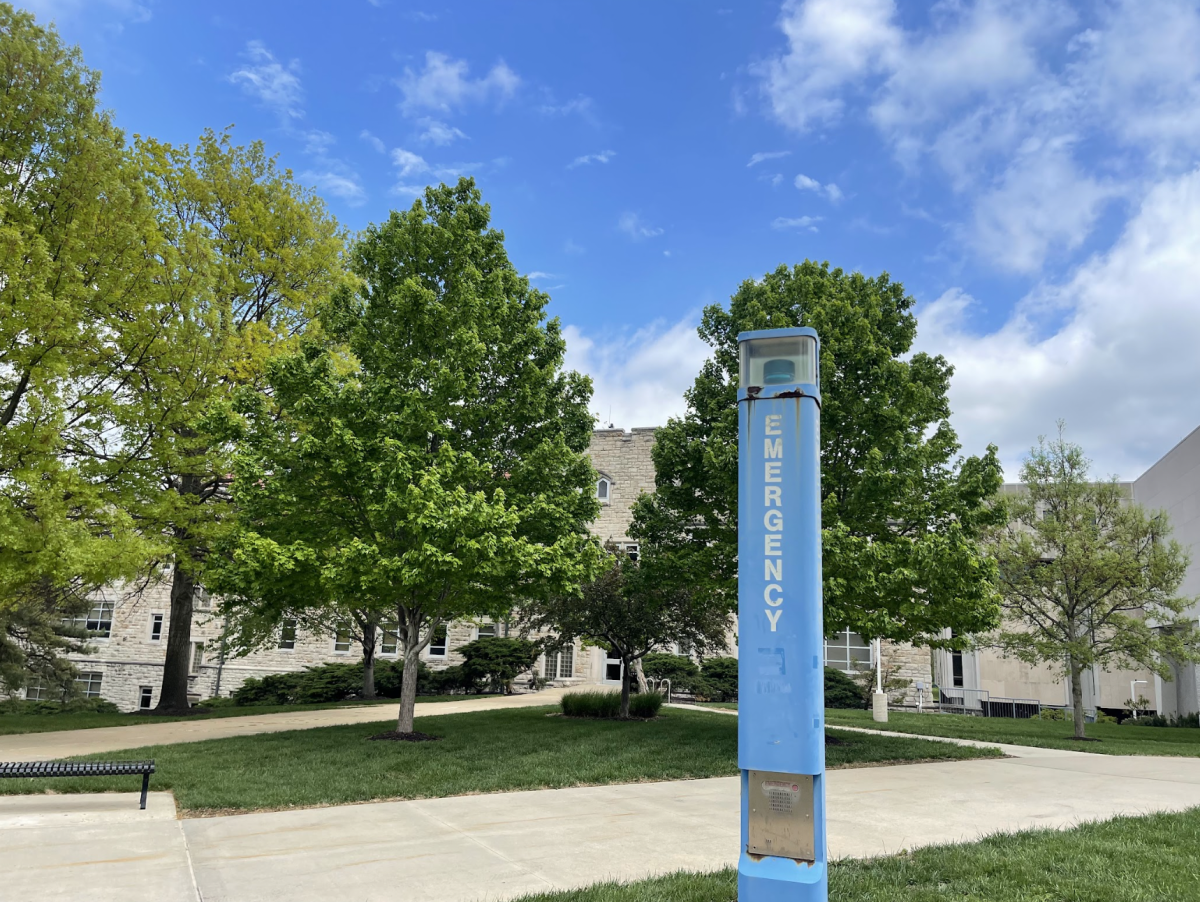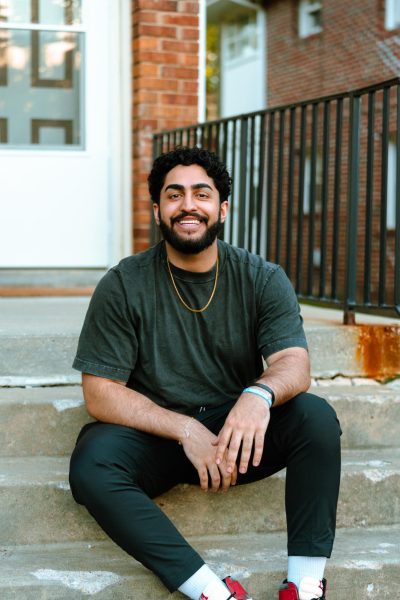The University of Missouri (UM) system implemented a policy in late October regarding the use of ChatGPT. This policy affects all four campuses in the UM system, including UMKC.
The policy restricts the use of ChatGPT for writing assigned papers and other graded assignments. Additionally, the policy will allow each professor to decide whether it will be followed in their class.
According to the official statement found on the UM website, “If your professor allows you to use ChatGPT, and you use it as permitted, then you are not committing academic dishonesty.”
The statement compares this use of AI as similar to using a graphing calculator “which is acceptable as long as the instructor permits it.”
The policy sparked conversations among students about the role of artificial intelligence in academic settings.
Hayley Veilleux, a graduate student and seasoned creative writer, revealed that she does not use ChatGPT regularly.
When it comes to using ChatGPT as a creative writer, Veilleux takes a distinct stance by saying she doesn’t use it for her creative writing endeavors.
“Right now, it’s useless for creative writing, but it’s far away from being creative in an original way,” Veilleux said.
However, she recognizes that the landscape of writing is evolving, and AI may become an integral part of academic and journalistic writing within the next five years.
“I accept it because there are certain things you cannot change, but it is a little disappointing,” Veilleux said regarding the potential integration of AI into the writing process. She expressed concerns that relying on AI might lead to “lazier thinkers,” which she views as unfortunate for the educational experience.
She emphasized the potential benefits of using ChatGPT for mundane tasks, such as creating tutorials or handling less engaging content. According to Veilleux, having ChatGPT handle these tasks allows humans to focus on more creative and critical aspects of their work.
Similar to Veilleux, senior international studies major Chyann Mendes revealed that she also does not use the AI interface regularly, adding she didn’t even know ChatGPT existed until early last fall.
She made it clear the new policy has “zero effect” on her, and admits she wasn’t aware of its existence until we sat down for the interview.
She also does not think students will “lash out” if UMKC further cracks down on the use of ChatGPT.
“It hasn’t been around long enough for the students to get super used to it,” Mendes said. “I can’t imagine there being too much of an outcry if the policy is tightened.”
She compared ChatGPT and other AI interfaces to using a translator in a foreign language class.
“It’s kind of like using Google Translate in Spanish class. Obviously, you can’t use it all the time, but it’s nice to know that it’s there if you forget something minor,” Mendes said. “In the same vein, I like knowing I can use ChatGPT if I forget something small but important in a class.”
Students should consult their syllabi to know professors’ individual policies regarding the use of AI for classwork. Read more about the UM system’s ChatGPT policy here.
The Library Student Guide for ChatGPT can also be found here.
bms59d@umkc.edu


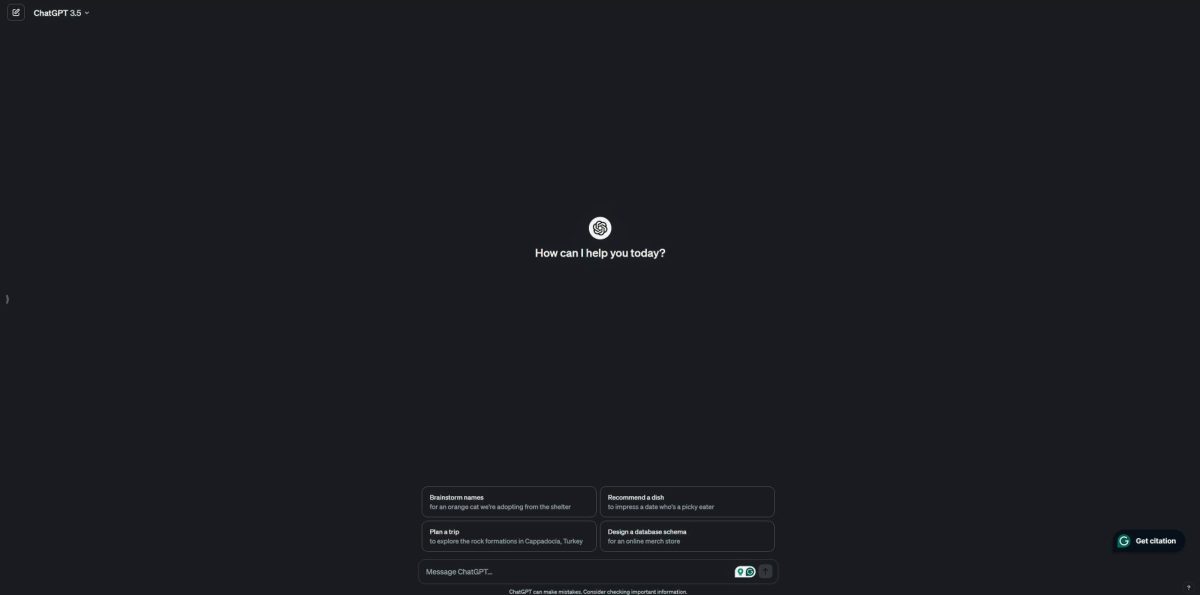


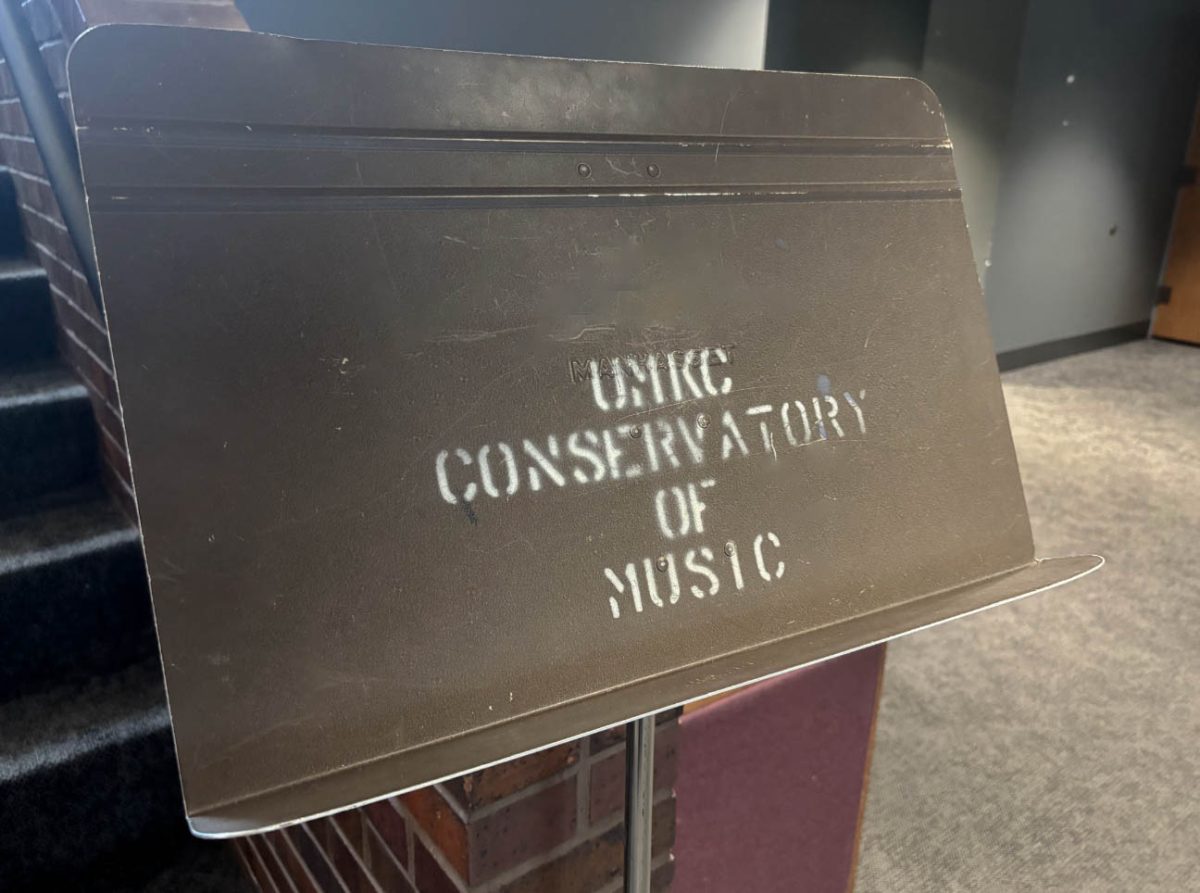
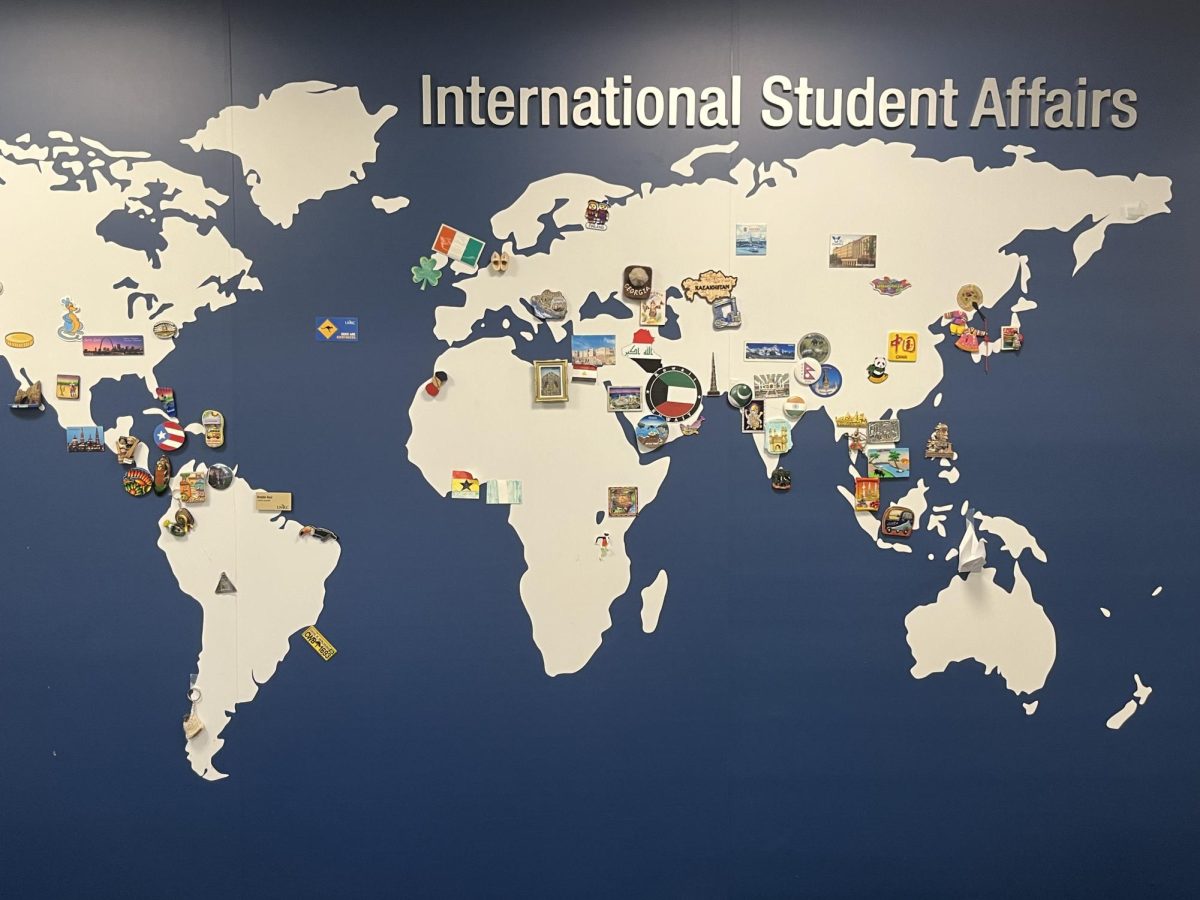
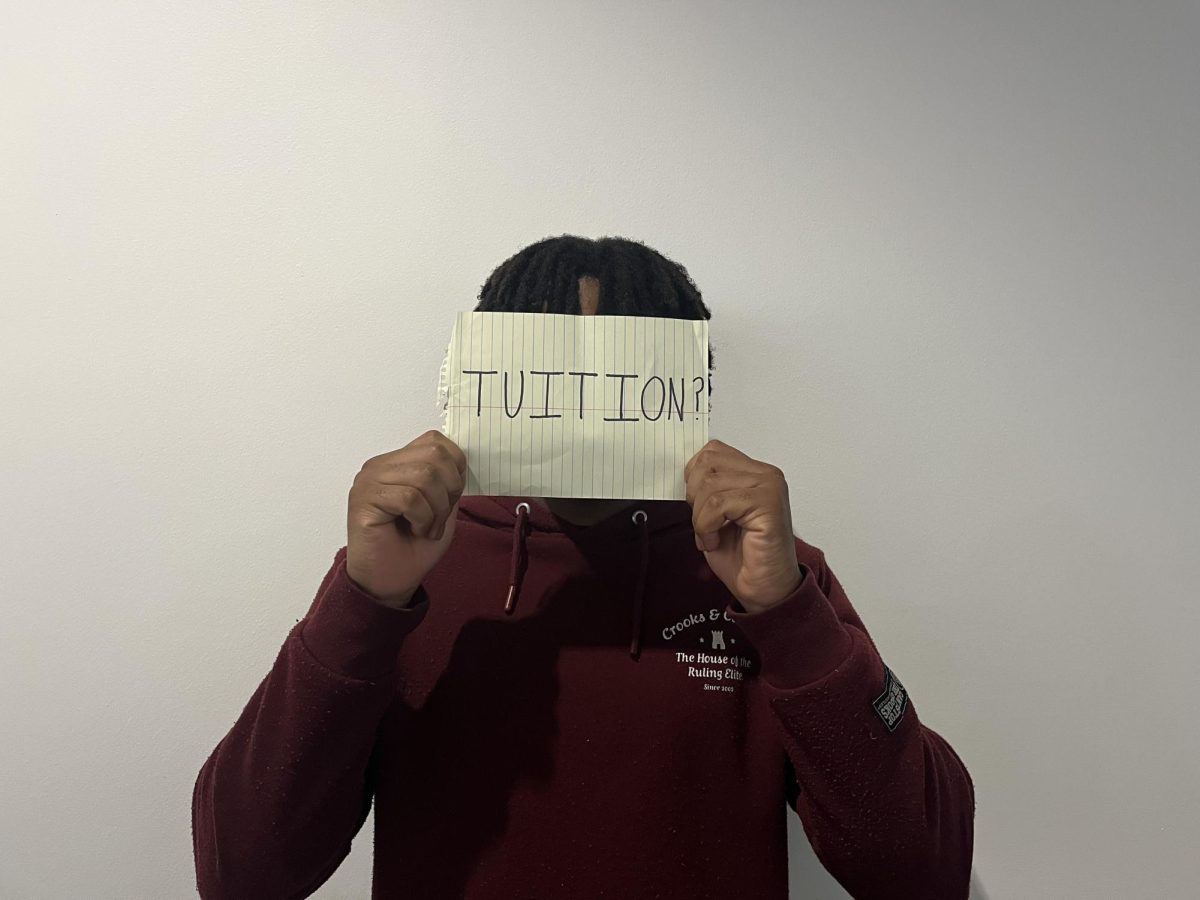

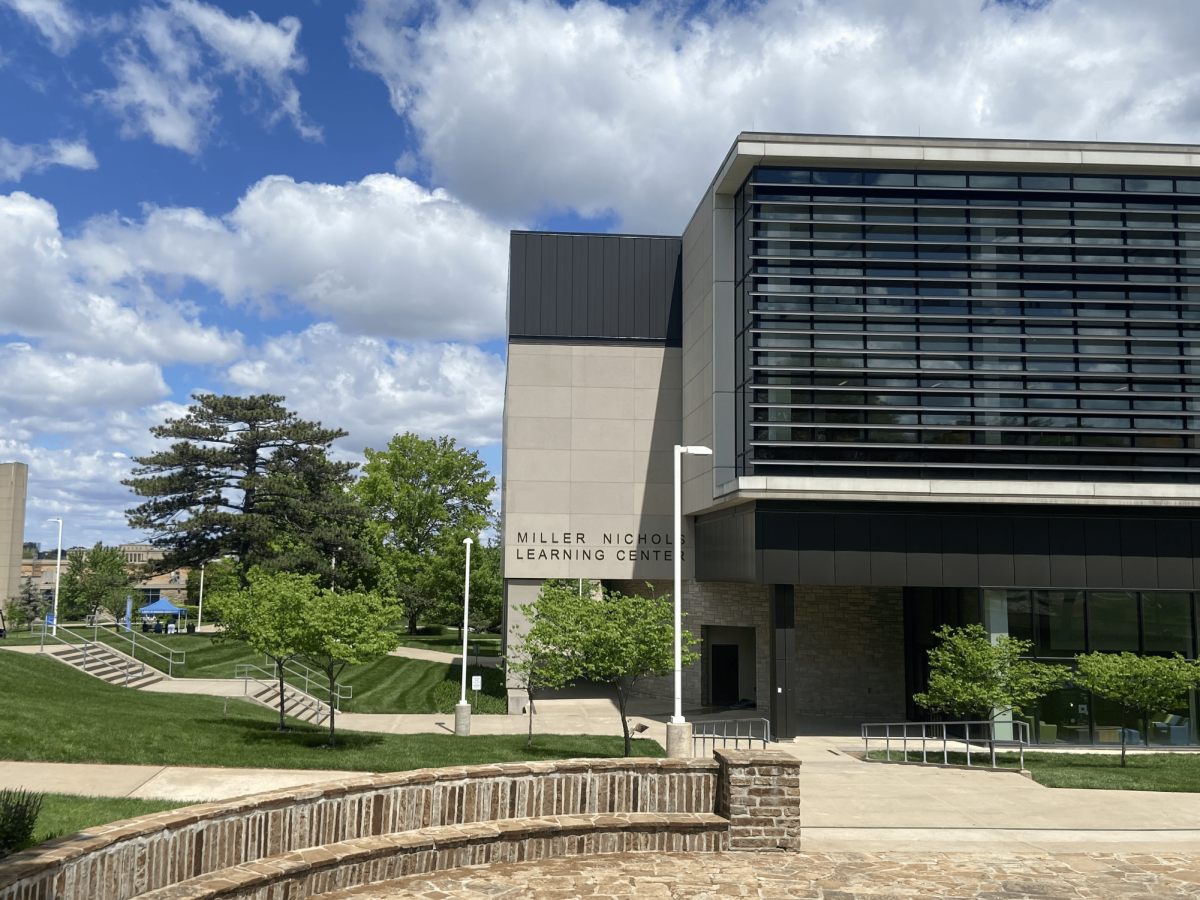
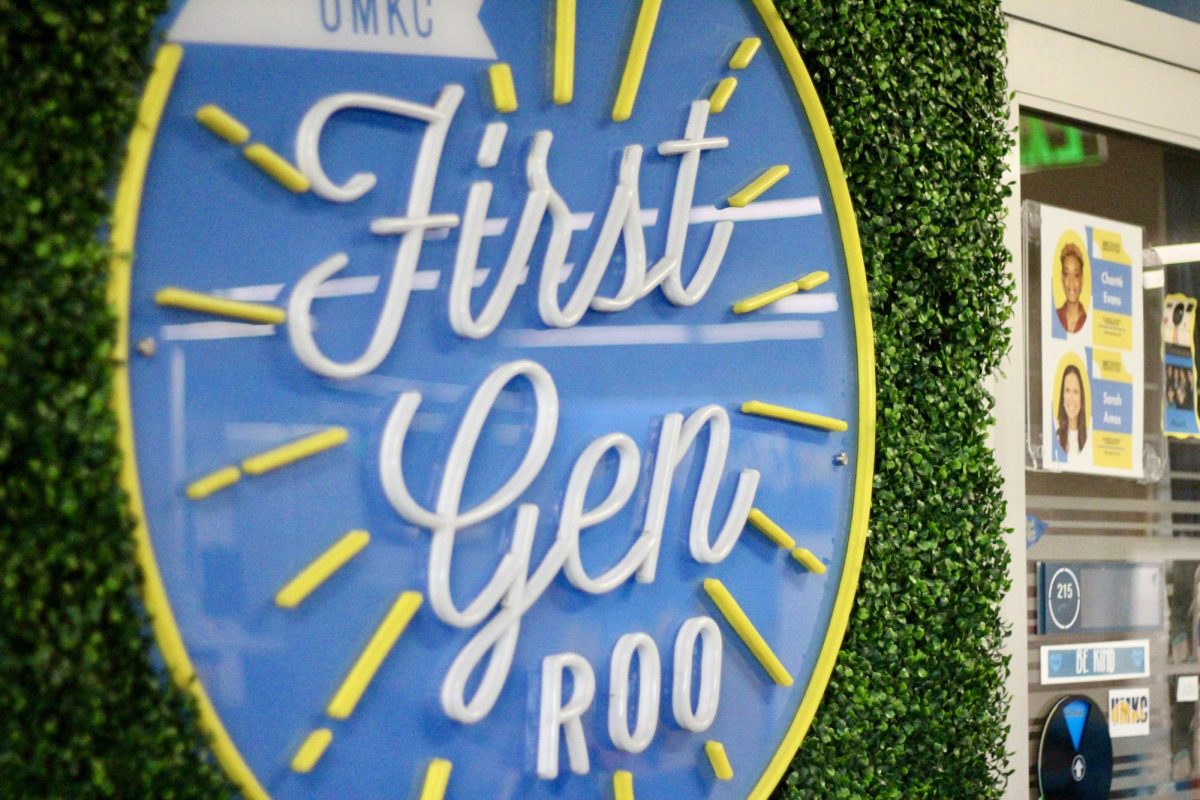
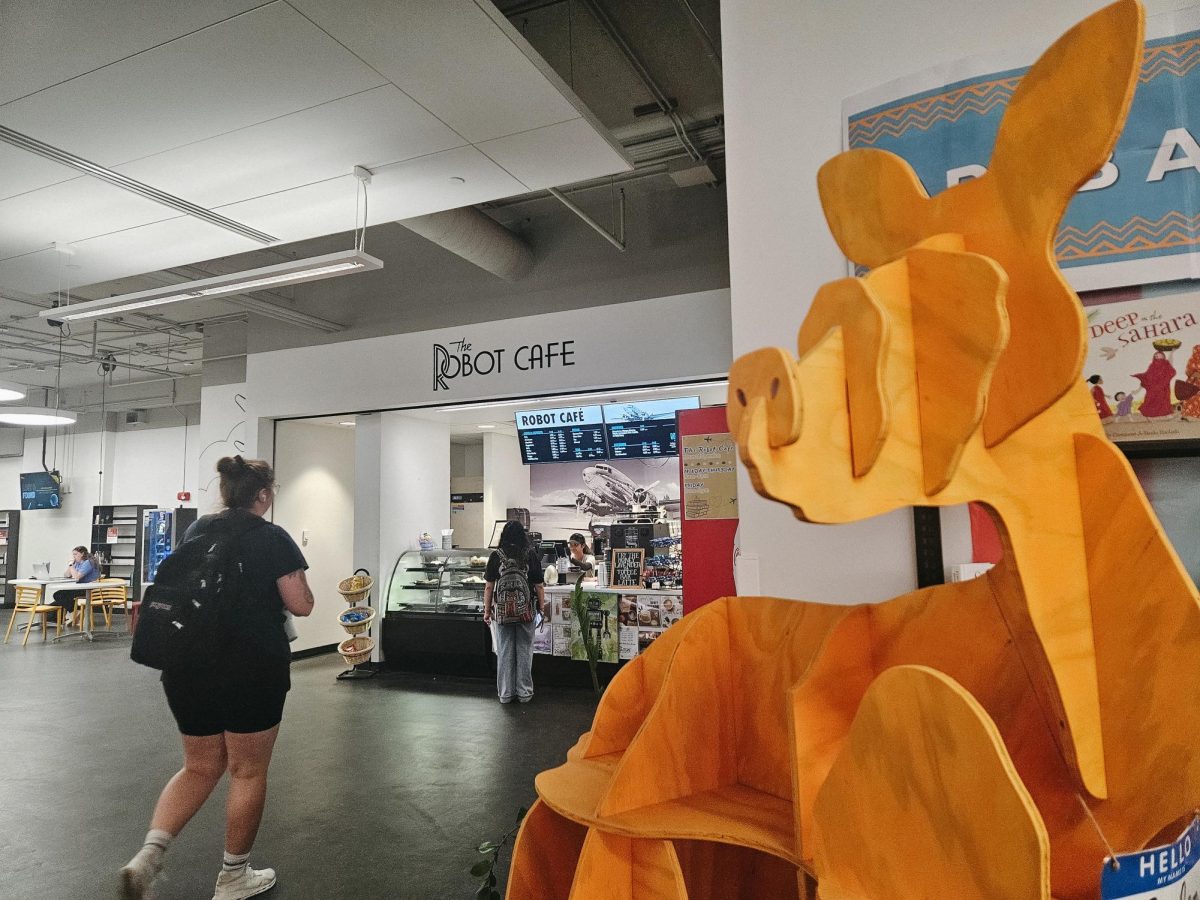
![Alex Unseth [left] and Yasmen Hassen [right] speaking at the dinner.](https://kcroonews.com/wp-content/uploads/2025/04/SGA-1-1200x800.jpg)

